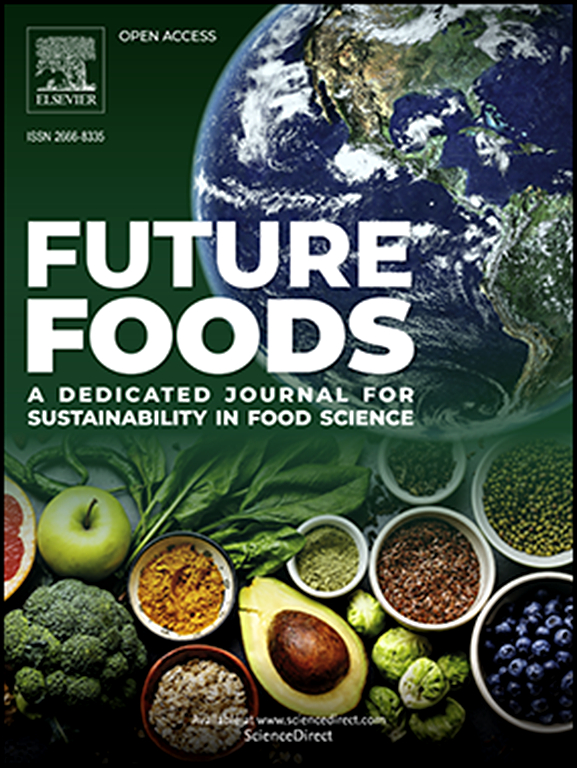Detection of external defects of tomato crop using appearance parameters by convolutional neural networks
IF 8.2
Q1 FOOD SCIENCE & TECHNOLOGY
引用次数: 0
Abstract
Tomatoes, belonging to the Solanaceae family, are a vital vegetable cultivated worldwide, both in open fields and greenhouses. While field tomatoes are typically utilized for industrial purposes, greenhouse varieties are predominantly consumed fresh. Quality is a paramount factor influencing tomato consumption, hence this research endeavors to leverage novel technology to enhance quality assessment. Machine vision and deep learning systems were employed in this study to assess and categorize tomato quality. Samples were sourced in bulk from Tare-Bar Central Square in Tehran's 3rd District. Using a machine vision system illuminated by a ring light, samples were captured with a mobile camera, and the digital input data was processed using YOLOv7, a convolutional deep learning network. Training the YOLOv7 model necessitated 11 minutes and 60 epochs, culminating in an error rating of 0.017 with satisfactory outcomes. The average detection time per image, encompassing healthy, with calyx, semi-ripe, and defective tomatoes, was 0.048 seconds. Furthermore, the model achieved an impressive accuracy of 99.2 % and a recovery rate of 99.4 %. The findings of this project underscore the efficacy of the proposed model in automating tomato grading processes.
基于外观参数的卷积神经网络检测番茄作物外部缺陷
西红柿属于茄科,是世界范围内种植的重要蔬菜,无论是在露天田地还是在温室里。虽然田间番茄通常用于工业用途,但温室品种主要是新鲜消费。番茄品质是影响番茄消费的重要因素,因此本研究试图利用新技术来提高番茄品质评估。本研究采用机器视觉和深度学习系统对番茄品质进行评估和分类。样本大量来自德黑兰第三区的Tare-Bar中央广场。使用环灯照明的机器视觉系统,用移动相机捕获样本,并使用卷积深度学习网络YOLOv7处理数字输入数据。YOLOv7模型的训练需要11分钟和60次epoch,最终错误率为0.017,结果令人满意。每张图像的平均检测时间为0.048秒,包括健康的、有花萼的、半成熟的和有缺陷的西红柿。此外,该模型达到了令人印象深刻的99.2%的准确率和99.4%的回收率。这个项目的发现强调了所提出的模型在自动化番茄分级过程中的有效性。
本文章由计算机程序翻译,如有差异,请以英文原文为准。
求助全文
约1分钟内获得全文
求助全文
来源期刊

Future Foods
Agricultural and Biological Sciences-Food Science
CiteScore
8.60
自引率
0.00%
发文量
97
审稿时长
15 weeks
期刊介绍:
Future Foods is a specialized journal that is dedicated to tackling the challenges posed by climate change and the need for sustainability in the realm of food production. The journal recognizes the imperative to transform current food manufacturing and consumption practices to meet the dietary needs of a burgeoning global population while simultaneously curbing environmental degradation.
The mission of Future Foods is to disseminate research that aligns with the goal of fostering the development of innovative technologies and alternative food sources to establish more sustainable food systems. The journal is committed to publishing high-quality, peer-reviewed articles that contribute to the advancement of sustainable food practices.
Abstracting and indexing:
Scopus
Directory of Open Access Journals (DOAJ)
Emerging Sources Citation Index (ESCI)
SCImago Journal Rank (SJR)
SNIP
 求助内容:
求助内容: 应助结果提醒方式:
应助结果提醒方式:


